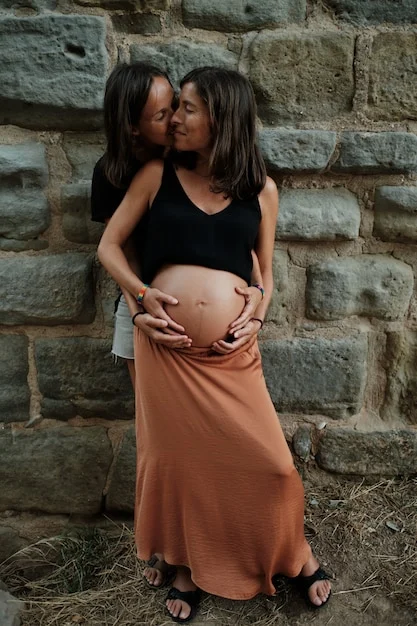Dear Doctor,
It’s been two years since you delivered the unexpected news about our son’s Down syndrome diagnosis, and I still grapple with that surreal 20-minute conversation in your sterile office. For a while, I even managed to block those memories out—my mother had to jog my memory for your words to resurface.
When you called us back into your office, my husband and I already sensed that the results from our noninvasive prenatal testing were not what we had hoped for. I remember crumpling to the floor after that call, and then, in a chaotic turn of events, I helped my husband out of his tight military uniform while he was sick in our bathroom.
Neither of us knew much about Down syndrome at that time. Turns out, neither did you.
As I sat on your crinkly paper-covered exam table, you told us there was a 99.9% chance our son had Down syndrome and presented us with two options: terminate the pregnancy or carry on without offering any further testing.
When I asked what Down syndrome would mean for our child’s future, your response was chilling: “At worst, he will never be able to feed himself. At best, he’ll mop floors at a fast food joint one day.” That was it—your entire discussion about his diagnosis boiled down to arbitrary limitations you decided were his fate.
But you reassured me that if I chose to continue with the pregnancy, I didn’t have to be a “hero.” You suggested, “We can keep the baby comfortable, but you don’t have to do anything drastic like open-heart surgery.” Your words conveyed that, if I didn’t choose to terminate, allowing our son to pass away would be the right decision. You unilaterally deemed his life unworthy, even though that was not yours to decide.
Dear Doctor, you let me down. You failed to adhere to the established guidelines for delivering a Down syndrome diagnosis, which stress that medical professionals should present both the positive and negative aspects in an unbiased way.
Sadly, you’re not alone in this failure. A 2013 study revealed that for every parent who had a positive experience with the diagnosis, there were two-and-a-half who had a negative one. Alarmingly, almost one in four families received pressure from medical professionals to terminate the pregnancy.
While I don’t expect you to be a specialist on Down syndrome, I urge you to familiarize yourself with the basics of the most common chromosomal condition. It’s crucial to communicate potential medical complications but also the therapeutic options available today. Discuss the likelihood of developmental delays, but also highlight how many children with Down syndrome thrive in mainstream classrooms and have access to numerous college programs.
Dear Doctor, no one can predict a person’s future or define their worth. An extra chromosome might present challenges, but it also brings opportunities for extraordinary moments.
As an experienced OB-GYN, I know I wasn’t your first patient to receive this diagnosis, and I won’t be the last. You must do better. Lives are depending on it—not just those of the unborn, but also those of families forever impacted by the decisions they make.
October is Down Syndrome Awareness Month. This letter is part of the Down Syndrome Diagnosis Network’s #DearDoctor campaign to raise awareness about the guidelines for delivering Down syndrome diagnoses with accurate information and without bias. You can also share your feedback through the DSDN’s Physician Feedback Program.
For more about home insemination options, check out this insightful post at Home Insemination Kit. And if you’re looking for authoritative resources, visit Make a Mom for fertility solutions. Additionally, Science Daily offers excellent insights on pregnancy and home insemination techniques.
In summary, we deserve better information and support during such crucial times. It’s essential for doctors like you to be informed and compassionate in delivering diagnoses that will impact families for a lifetime.
